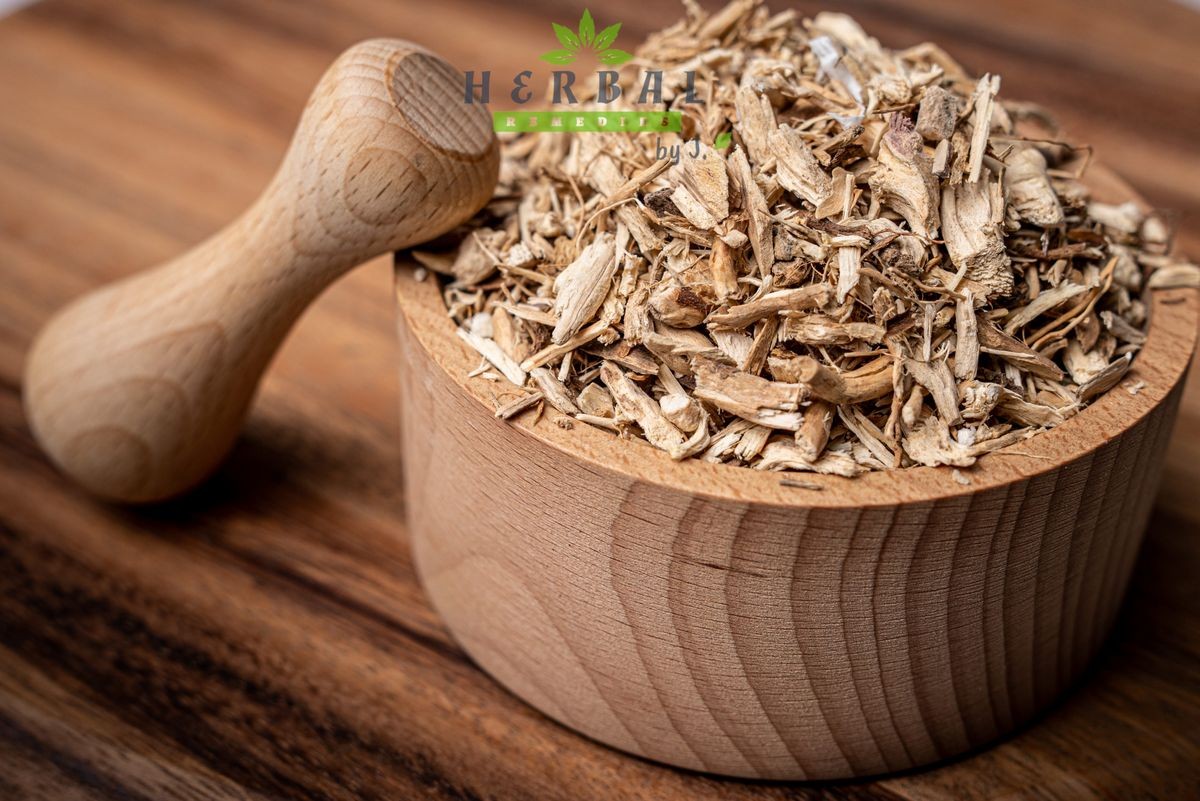
Contents
Hydrangea Root: Benefits and Side Effects
Hydrangea plants are used for decoration due to their beautiful blue and lavender flowers. Their roots also have medicinal properties. Learn about hydrangea root, its uses, benefits, and side effects.
Hydrangeas are shrubs native to North America and parts of Asia. They are ornamental plants known for their big, beautiful blooms found in gardens and lawns.
The Hydrangea family has more than 70 members. Three species, Hydrangea arborescens, Hydrangea macrophylla, and Hydrangea paniculata, have healing properties and are used in traditional medicine. Hydrangea arborescens is the most well-known species in North America.
These species are also known by other common names like seven barks, hortensia, wild hydrangea, mophead hydrangea, and bigleaf hydrangea.
The hydrangea root is a small, grayish underground structure that contains medicinal compounds like phytochemicals, alkaloids, and antioxidants. It also contains nutrients like calcium, magnesium, zinc, and selenium.
Hydrangea roots have long been used in folk remedies to treat infections and illnesses related to the kidney and bladder. Today, they are available as herbal supplements for conditions like urinary tract infections and kidney stones.
Health Benefits of Hydrangea Root:
Antioxidant properties: Hydrangea root contains compounds called coumarins, which have antioxidant effects.
Anti-inflammatory effects: Hydrangea root contains compounds that help reduce inflammation.
Improved kidney health: Hydrangea root may protect against kidney damage and dissolve kidney stones.
Decreased blood sugar levels: Hydrangea extract may help lower blood sugar levels.
Enhanced liver health: Hydrangea extract may protect the liver from toxins.
Potential anticancer properties: The antioxidants in hydrangea root may have a protective effect against cancer.
Side Effects of Hydrangea Root:
Hydrangea root is generally safe, but it may cause symptoms like nausea, vomiting, chest tightness, and dizziness in some cases. Allergic reactions may occur in individuals allergic to the compound hydragenol.
How to Use Hydrangea Root:
Hydrangea root supplements are available in various forms. The exact dosage is yet to be established, but it is generally recommended not to consume more than 2 grams at a time to avoid side effects.
Hydrangea root can also be used to make tea. Brew 1 tablespoon of hydrangea root in 250 milliliters of water.
Before taking any hydrangea supplements, read the instructions and consult your healthcare provider if you have any dietary restrictions or health conditions.
Seek medical assistance if you experience any symptoms of illness or an allergic reaction after consuming hydrangea root supplements.
Sources: [1][2][3][4][5][6][7][8][9][10][11][12][13][14][15]

